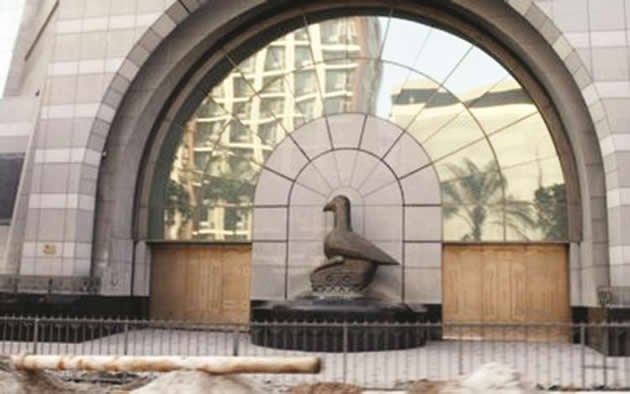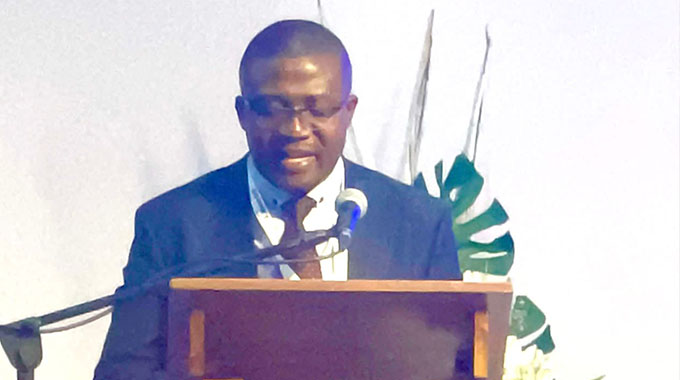RBZ caps MFIs lending rates

Oliver Kazunga, Senior Business Reporter
THE Reserve Bank of Zimbabwe (RBZ) has directed microfinance institutions to reduce their lending rates to a maximum of 10 percent with effect from October 1, 2016.
RBZ Governor Dr John Mangudya said microfinance institutions (MFIs) have been identified as an important pillar of the National Financial Inclusion Strategy hence the sector was expected to reduce lending rates to foster sustainable economic development.
“The Reserve Bank has noted with concern that while banks’ lending rates have declined to an average of 15 percent per annum, some microfinance institutions continue to charge interest rates of over 20 percent per month.
“Accordingly, all microfinance institutions are urged to reduce their effective lending rates to a maximum of 10 percent per month effective, 1 October 2016,” he said while presenting the Mid-Term Monetary Policy Statement last Thursday.
Dr Mangudya said the high costs of traditional MFIs loans limit the effectiveness of microfinance as a developmental and poverty-reduction tool.
“The high cost of microfinance loans is partly a reflection of the high cost of funds and the high transaction cost of traditional microfinance operations associated with high volumes of small, low-value loans,” said Dr Mangudya.
He said future adjustments would need to be in tandem with the improvement on the tenure of the operating licences of MFIs, which are renewed annually.
There are about 164 registered MFIs in the country.
The sector by nature targets to eradicate poverty and promote economic development among low-income households and micro, small and medium enterprises.
However, due to high interest rates by MFIs, the sector has in the past been characterised by a high defaulting rate resulting in some borrowers losing property they would have listed as collateral upon borrowing.
The Zimbabwe Association of Microfinance Institutions chairman, Mr Patrick Mangwendeza, had not responded to written questions from this paper by the time of going to print.
Dr Mangudya also hinted that the central bank was proceeding to put in place mechanisms to establish an offshore financial centre as a confidence building measure under the auspices of the Special Economic Zones (SEZs).
“Details of this initiative shall be unveiled in line with developments on the establishment of the Special Economic Zones in the country,” he said.
SEZs are designated geographical regions that operate under special economic regulations that are different from other areas in the country.
The concept is meant to offer special conditions and incentives to enhance international competitiveness as well as promoting industrial growth and development.
The initiative to introduce SEZs in the country has been on the cards for about three years with the SEZs Bill having so far gone through second reading in Parliament.
@okazunga











Comments